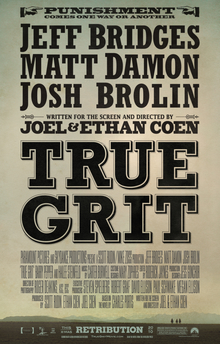Yes, we are over a week into July. Yes, I am slow.
I read:
Thoughts:
The Comic Book Story of Video Games by Jonathan Hennessey and Jack Mcgowan: Review to come closer to publication date.
The End We Start From by Megan Hunter: Even with her incorrect spelling of Meghan, review to come closer to publication date.
Tokyo Decadence by Ryu Murakami: Reviewed earlier this month.
All The Birds In the Sky by Charlie Jane Anders: Why do I read books that are so much better in theory than in practice?
Why by Mario Livio: Review to come closer to publication date.
I’m Thinking of Ending Things by Iain Reid: Fifteen, twenty years ago, I would have thought this book was clever. Now, I am less enamoured of literary tricks and think it dumb.
By Fire by Tahar Ben Jelloun: Reviewed earlier this month.
Favourite book:
Most promising book on my wishlist:
I watched:
I wrote:
Some new story. A few poems.
















